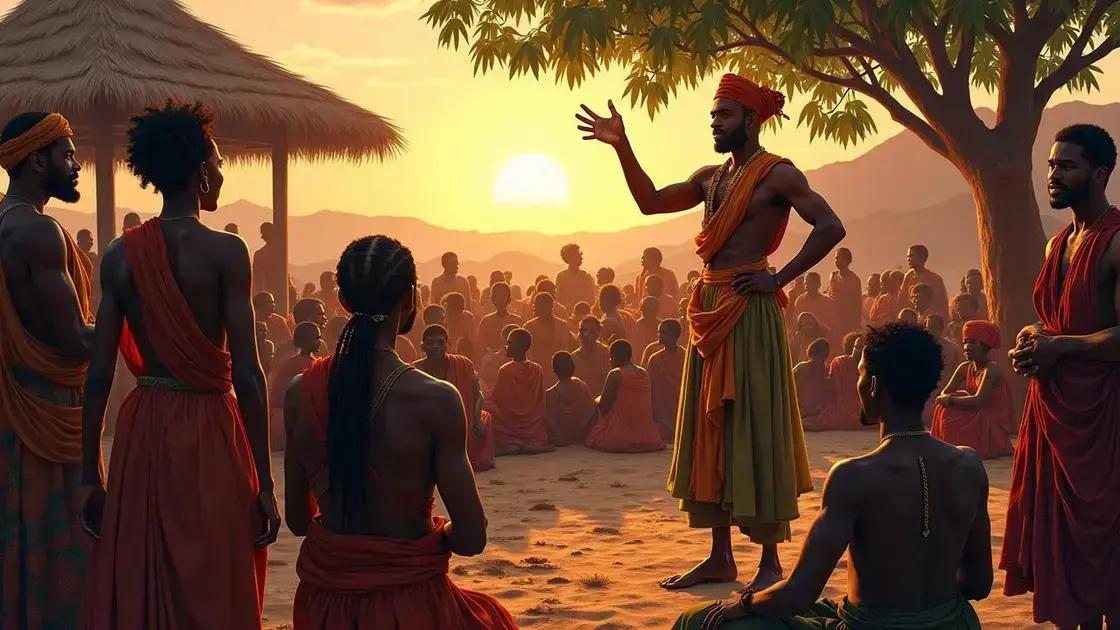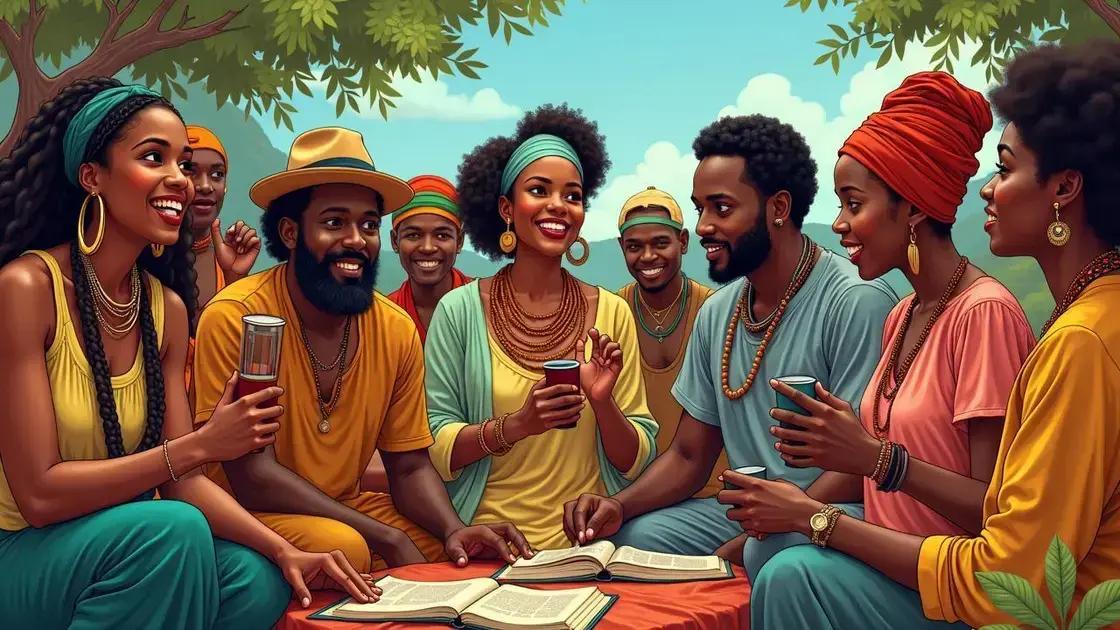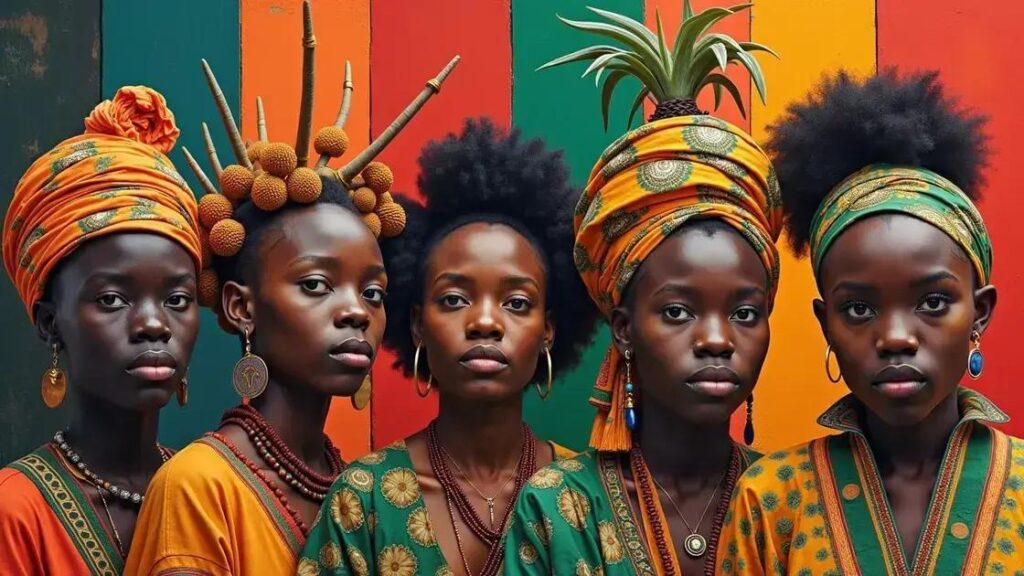The African Trick is a rich cultural practice rooted in storytelling that reflects the history and creativity of various African communities. Common myths about it being inauthentic or stereotype-promoting are inaccurate, and understanding its significance promotes cultural appreciation and dialogue.
The African Trick has become a prominent topic of discussion among experts in various fields. As conversations around this cultural phenomenon grow, it’s essential to delve deeper into the expert opinions on the African Trick. This article aims to shed light on the intricacies and implications of this trend, providing insights that challenge common myths and enhance understanding.
Understanding the African Trick

Understanding the African Trick involves examining its origins and how it has evolved over time. This cultural practice is often misunderstood, leading to various interpretations that may not accurately reflect its true nature. By looking closely at its roots, we can appreciate the rich context behind the African Trick.
Origins of the African Trick
The African Trick dates back centuries and is influenced by various local traditions. Many believe it started as a form of storytelling, where people shared their experiences through clever narratives. This method allowed communities to convey important messages while entertaining and educating listeners.
Cultural Significance
This practice plays a significant role in many African societies. It fosters community connection and creates a sense of identity among participants. Understanding the African Trick goes beyond just knowing its methods; it helps individuals comprehend the cultural values that underpin it.
Modern Interpretations of the African Trick are varied. Some view it as a form of art, expressing creativity and engaging audiences. Others may see it in a negative light, leading to misinterpretations and stereotypes. Exploring expert opinions can clarify these perspectives and highlight its positive aspects.
As we delve into the details, it becomes clear that the African Trick is not merely a gimmick; it is a sophisticated cultural expression that deserves respect and understanding. Recognizing its true essence helps dispel myths and challenges us to appreciate its role in society.
Debunking Myths Surrounding the African Trick

There are many myths surrounding the African Trick that can lead to misunderstandings. One common belief is that the African Trick is merely a trick or gimmick, but this is far from the truth. It is rooted in deep cultural significance and storytelling traditions.
Myth 1: The African Trick is Inauthentic
Some people think the African Trick is just a modern invention with no real heritage. In reality, it draws from centuries-old traditions passed down through generations. It represents the history, struggles, and triumphs of various African communities.
Myth 2: It Promotes Stereotypes
Another myth is that the African Trick supports negative stereotypes of African people. The truth is, it is often used to challenge stereotypes and highlight the richness and diversity of African cultures. By engaging in clever narratives, this practice can dismantle preconceived notions and promote understanding.
Myth 3: Only Certain Groups Utilize It
Some believe that only specific cultural groups practice the African Trick. However, it is a widespread phenomenon across various African regions, each with its unique style and storytelling methods. This diversity reflects the individuality of communities while sharing a common cultural lineage.
By debunking these myths, we can begin to appreciate the depth and value of the African Trick. Acknowledging its authenticity and significance is crucial to understanding its role in modern society and its potential to connect people across cultures.
In Summary: Understanding the African Trick
The African Trick is more than just a cultural practice; it is a rich tapestry of history and tradition that reflects the vibrant diversity of African societies.
By understanding its origins and significance, we can appreciate the creativity and community values embedded within its narratives. Debunking the myths surrounding it is crucial for fostering a more informed and respectful perspective.
As we continue to explore the expert opinions on the African Trick, it is essential to recognize its role in bridging cultural gaps and promoting dialogue among communities.
Ultimately, embracing the African Trick allows us to celebrate cultural heritage and enrich our collective human experience.
FAQ – Frequently Asked Questions about the African Trick
What is the African Trick?
The African Trick is a cultural practice rooted in storytelling traditions, reflecting the history and creativity of various African communities.
Why is understanding the African Trick important?
Understanding the African Trick helps appreciate its cultural significance and combats misconceptions that may lead to negative stereotypes.
What myths exist about the African Trick?
Common myths include the beliefs that it is inauthentic, promotes stereotypes, or is limited to specific cultural groups, all of which are inaccurate.
How can the African Trick promote cultural understanding?
By engaging with its narratives, the African Trick fosters dialogue and connection between different cultures, enhancing mutual respect and appreciation.
Is the African Trick relevant in modern society?
Yes, the African Trick remains relevant as it evolves, continuing to influence contemporary storytelling and cultural exchange.
Who participates in the African Trick?
People from various African regions engage in the African Trick, each community bringing its unique traditions and styles to the practice.













